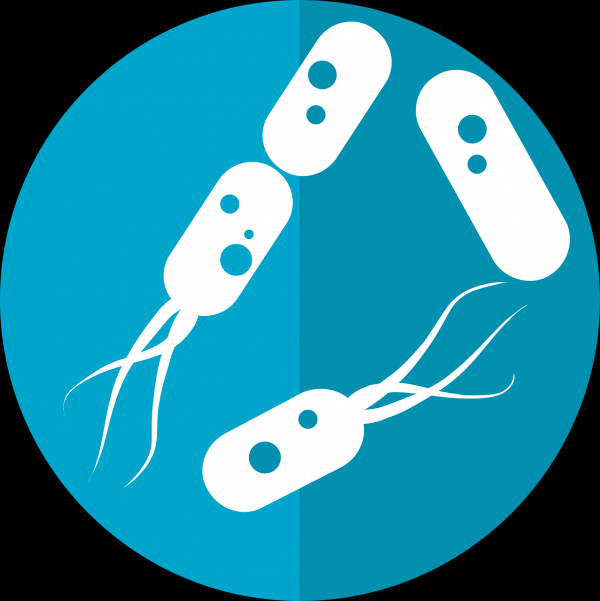Researchers Confirmed the Link Between Alzheimer's Disease and Gut Microbiota
University of Geneva (UNIGE) and University Hospitals of Geneva (HUG) researchers confirm the relationship of disparity in the gut microbiota and the progression of amyloid plaques in the brain, which are the source of neurodegenerative disorders characteristic of Alzheimer's disease. In collaboration with Italian researchers from the University of Naples, the IRCCS SDN Research Center in Naples, and the National Research and Care Center for Alzheimer's and Psychiatric Fatebenefratelli from Brescia, they discovered that proteins produced by certain intestinal bacteria identified in the patient's blood could modify the interaction between the nervous and immune systems and stimulates the disease.

ALSO READ: Study Shows Gut Bacteria Could Be Reason for Side Effect of Drug for Parkinson's Treatment
According to the Alzheimer's Association, an estimate of more than 5 million Americans of all ages have Alzheimer's disease, and eighty percent of them are 75 years old and older. National Institutes on Aging described the cognitive disorder as a progressive and irreversible brain disorder that slowly deteriorates thinking skills, eventually impairing an individual (with the disorder) their ability to carry out a simple task. Alzheimer's Association added that 13.8 million people aging from 65 and above are projected to have Alzheimer's dementia by 2050.
In a release, Director of HUG Memory Centre and UNIGE Faculty of Medicine's Department of Rehabilitation and Geriatrics professor, Giovanni Frisoni, said they already have shown the gut microbiota composition in Alzheimer's disease patients are altered compared to people who do not suffer from such disorders. He added that the patients' microbiota had reduced microbial diversity with an overrepresentation of certain bacteria and a strong reduction in other microbes. He also emphasized that they also discovered a connection between intestinal bacteria Alzheimer's disease and inflammatory phenomenon detected in the blood, leading them to hypothesize that inflammation in the blood can be a mediator between the brain and microbiota.
Methods and results of the study
According to the release, intestinal bacteria can impact the brain's function and promote neurodegeneration through several pathways like regulating the immune system and modifying its interaction with the nervous system. The release added that a protein located on the bacteria's membrane with pro-inflammatory properties called Lipopolysaccharides had been found in amyloid plaques and around an Alzheimer's patients' vessels in the brain. They added that metabolites produced by intestinal microbiota, which has neuroprotective and anti-inflammatory properties, affect the brain's function directly or indirectly.
READ ALSO: Researchers Reveal How a Keto Diet Could Help Reduce Alzheimer-Causing Fungi in the Gut
The first author of the study and researcher from Fatebenefratelli Center in Brescia, Moira Marizzoni, said in the release that they studied a unit of 89 people aging from 65 to 85 years of age with Alzheimer's and other neurodegenerative disease triggering the same cognitive problems and people with normal memory to determine whether the inflammation mediators and bacterial metabolites establishes a link between gut microbiota and amyloid pathology in Alzheimer's disease. He added that their study shows an indisputable result of certain bacterial products of intestinal microbiota has a connection with the number of amyloid plaques in the brain.
Marizzoni highlights in the release that high blood levels of lipopolysaccharides and various short-chain fatty acids are connected to large amyloid deposits in the brain. Meanwhile, Frisoni said that the study makes a way of protective strategies like feeding the good bacteria in the intestine. However, he added that a neuroprotective effect could only be effective in the early stage of the disease to prevent more than therapy.
READ NEXT: Immune Cells Trained by the Gut to Protect the Brain
Check out more news and information on Alzheimer's Disease on MD News Daily.
Nov 15, 2020 07:00 AM EST





